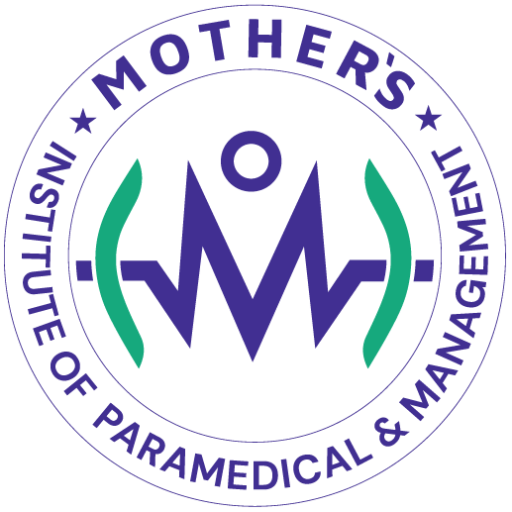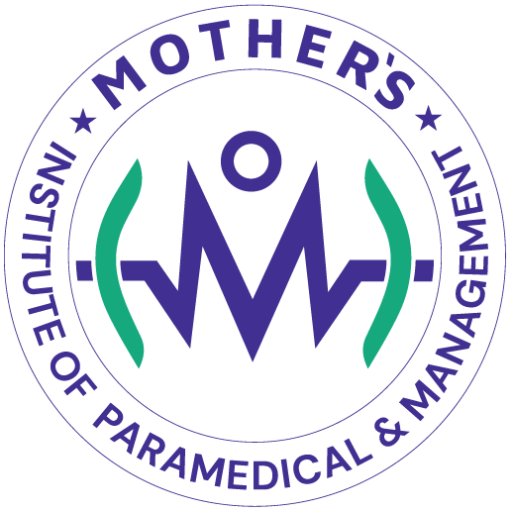The Diploma in Logistics Management program is designed to equip individuals with the knowledge, skills, and practical experience necessary to excel in the field of logistics and supply chain management. Logistics management plays a critical role in ensuring the efficient flow of goods, information, and resources from point of origin to point of consumption, encompassing activities such as transportation, warehousing, inventory management, procurement, and distribution. This diploma program prepares students for entry-level positions in logistics, transportation, procurement, and supply chain management across various industries.
- Introduction to Logistics and Supply Chain Management:
Students learn about the fundamentals of logistics and supply chain management, including the role of logistics in business operations, key components of supply chains, and the importance of coordination and integration across supply chain functions. - Transportation Management:
This segment focuses on teaching students about various modes of transportation, including road, rail, air, and sea transport. Students learn about transportation planning, routing, scheduling, freight rates, carrier selection, and regulatory compliance in domestic and international logistics. - Warehouse Management:
Students study warehouse operations and management principles, including warehouse layout and design, inventory storage methods, material handling equipment, order picking techniques, and warehouse safety and security measures. - Inventory Management:
Students learn about inventory control techniques, including inventory classification, demand forecasting, inventory replenishment, stock keeping units (SKU) management, and inventory valuation methods such as FIFO (First In, First Out) and LIFO (Last In, First Out). - Procurement and Supplier Management:
Students study procurement processes, including supplier selection, negotiation, contract management, and supplier performance evaluation. They learn about sourcing strategies, vendor relationship management, and procurement best practices to optimize purchasing decisions and minimize costs. - Supply Chain Analytics:
Students learn about data analysis techniques and tools used in logistics and supply chain management, including statistical analysis, forecasting models, optimization methods, and data visualization software. They gain skills in analyzing supply chain data to identify trends, patterns, and opportunities for process improvement. - Logistics Information Systems:
Students study the role of information technology in logistics and supply chain management, including the use of logistics software, enterprise resource planning (ERP) systems, transportation management systems (TMS), warehouse management systems (WMS), and electronic data interchange (EDI) platforms. - International Logistics and Trade Compliance:
Students learn about the complexities of international logistics, including import-export regulations, customs documentation, trade compliance requirements, Incoterms (International Commercial Terms), and global trade agreements affecting international trade flows. - Logistics Strategy and Planning:
Students gain an understanding of logistics strategy development, including strategic planning processes, supply chain network design, risk management, sustainability considerations, and continuous improvement initiatives in logistics operations.
- Logistics Coordinator/Analyst:
Coordinating transportation, warehousing, and inventory activities, analyzing logistics data, and optimizing supply chain processes to improve efficiency and reduce costs. - Warehouse Supervisor/Manager:
Overseeing warehouse operations, managing inventory levels, optimizing storage space utilization, and ensuring accurate and timely order fulfillment in distribution centers and warehouses. - Transportation Planner/Manager:
Planning and managing transportation routes, schedules, and carrier relationships to ensure timely delivery of goods while minimizing transportation costs and maximizing service levels. - Procurement Specialist/Manager:
Managing procurement processes, sourcing suppliers, negotiating contracts, and ensuring timely procurement of goods and services to meet organizational needs at optimal costs. - Supply Chain Analyst/Manager:
Analyzing supply chain performance, identifying opportunities for process improvement, and implementing strategies to enhance supply chain efficiency, visibility, and responsiveness. - Import-Export Coordinator:
Managing import-export documentation, ensuring compliance with customs regulations, coordinating international shipments, and facilitating smooth cross-border trade transactions. - Inventory Control Specialist/Manager:
Monitoring inventory levels, implementing inventory control policies and procedures, conducting inventory audits, and optimizing inventory turnover ratios to minimize stockouts and excess inventory. - Logistics Consultant:
Providing advisory services to organizations on logistics strategy development, supply chain optimization, process reengineering, and technology implementation to improve overall logistics performance.
The Diploma in Logistics Management program provides students with a comprehensive understanding of logistics and supply chain management principles

